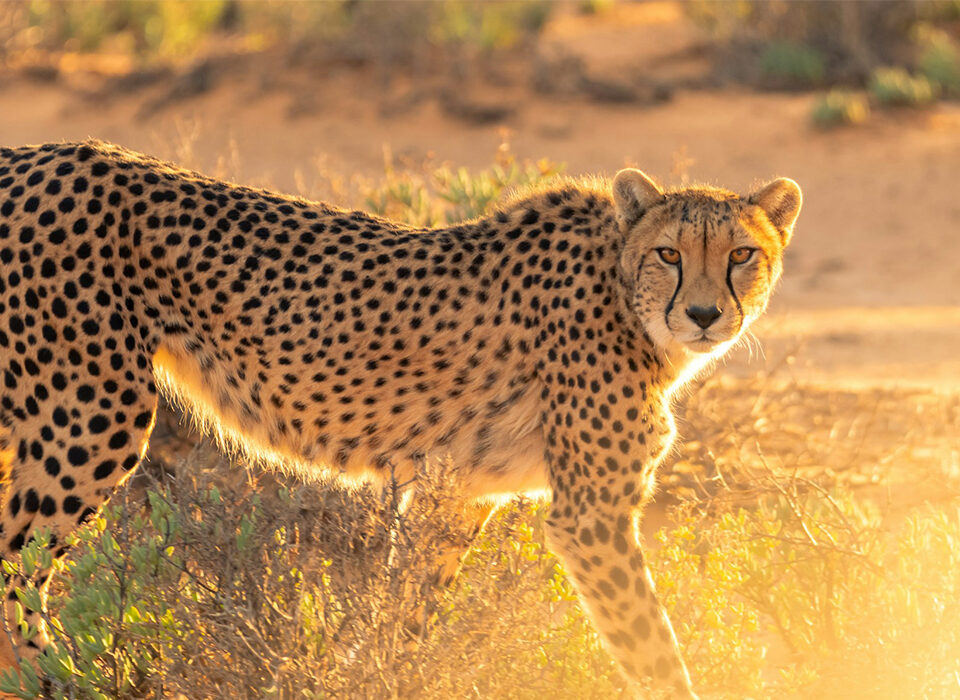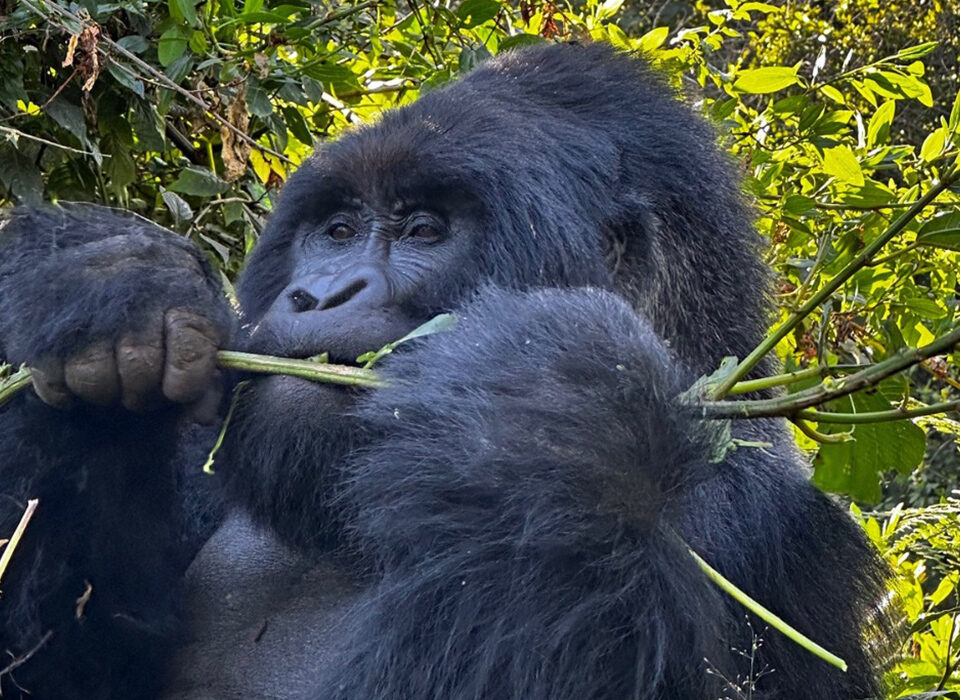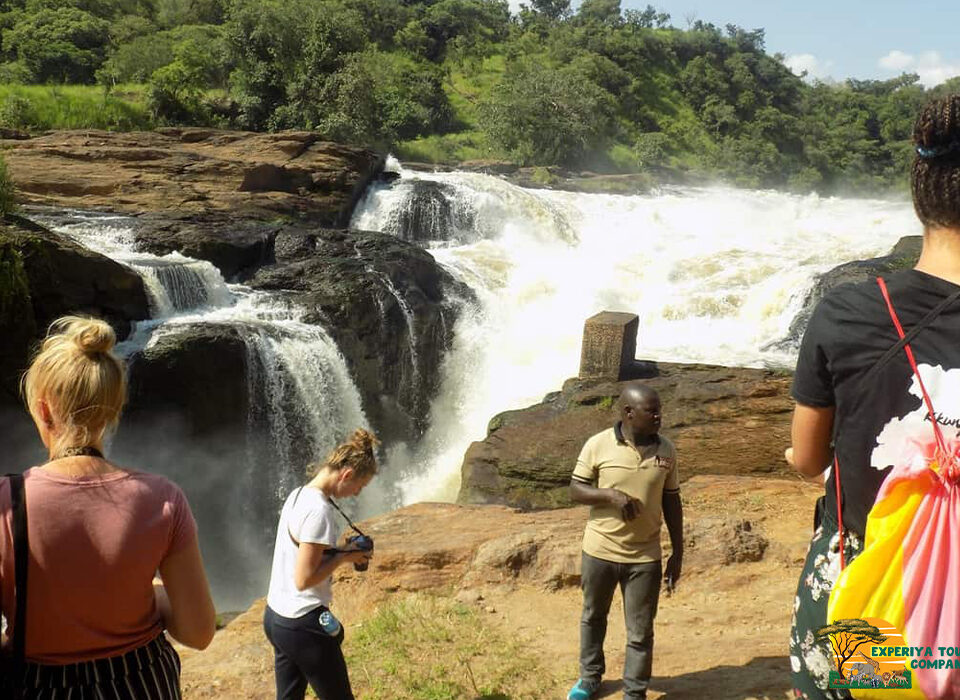
How close can I get to mountain gorillas?
November 13, 2025
What are the best lodges in Volcanoes National Park?
November 13, 2025How does Rwanda use gorilla tourism to help conservation?
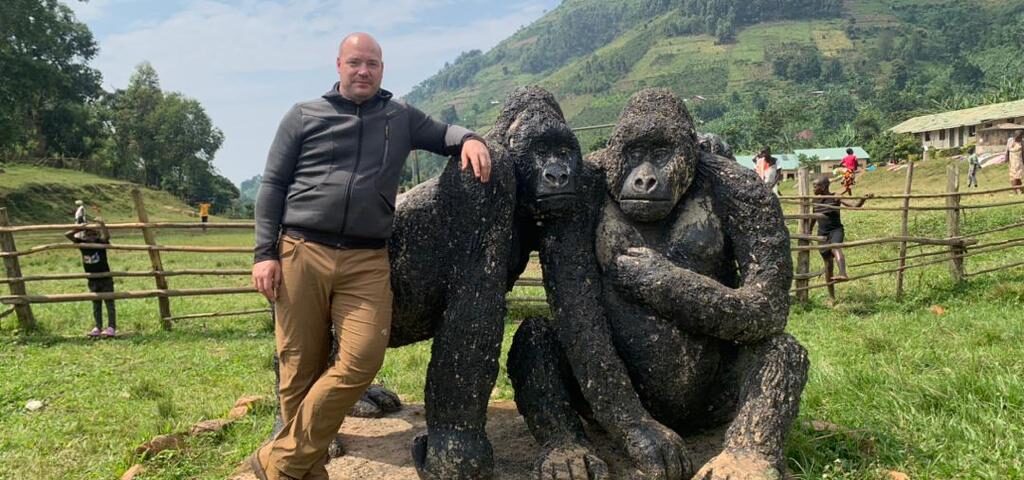
How Does Rwanda Use Gorilla Tourism to Help Conservation?
Rwanda is a global leader in conservation and one of the world’s most inspiring examples of how tourism can be used as a powerful tool to protect endangered wildlife. Nowhere is this success more evident than in the protection of mountain gorillas in Volcanoes National Park. Once on the brink of extinction, these majestic primates have made an extraordinary recovery—thanks in large part to a unique conservation model built around sustainable tourism. Today, travellers from around the world come to Rwanda not only to experience the unforgettable thrill of gorilla trekking but also to support a conservation system that empowers wildlife, communities, and ecosystems alike. Many visitors wonder: How does Rwanda use gorilla tourism to help conservation? The answer is a compelling story of vision, resilience, and strategic investment in both nature and people.
A Conservation Vision Rooted in Protection and Community Empowerment
Rwanda’s conservation efforts are guided by a clear understanding: wildlife cannot survive without the active involvement and support of local communities. The country’s approach to gorilla tourism is not simply about collecting park fees—it is about building a long-term model that protects gorillas, uplifts communities, and ensures that people living near national parks benefit directly from tourism.
When mountain gorilla tourism began in Rwanda, the government, conservation organizations, and local communities collaborated to create a system where every trekker who visits the gorillas contributes to their protection. The result is a sustainable tourism model that finances park operations, funds anti-poaching patrols, supports scientific research, empowers communities, and restores critical habitats. This integrated approach has made gorilla tourism one of the most successful conservation strategies in Africa.
Gorilla Permit Fees Directly Fund Conservation Efforts
The most direct way that gorilla tourism supports conservation is through the revenue generated from gorilla trekking permits. Rwanda’s gorilla trekking permit costs USD 1,500 per person, and a significant portion of this fee goes directly into conservation programs.
Permit revenue funds the daily operations of Volcanoes National Park, including ranger salaries, trekking guides, veterinary intervention, research teams, and monitoring of gorilla groups. It also helps finance park expansion, rehabilitation of degraded habitats, and the tracking technology used to monitor individual gorillas.
The high price of the permit reflects Rwanda’s high-value, low-impact tourism strategy. By attracting fewer but more responsible travellers, Rwanda minimizes ecological pressure on gorilla habitats while maximizing conservation funding. This approach ensures that tourism does not overwhelm the ecosystem, yet still generates substantial financial support for the gorillas.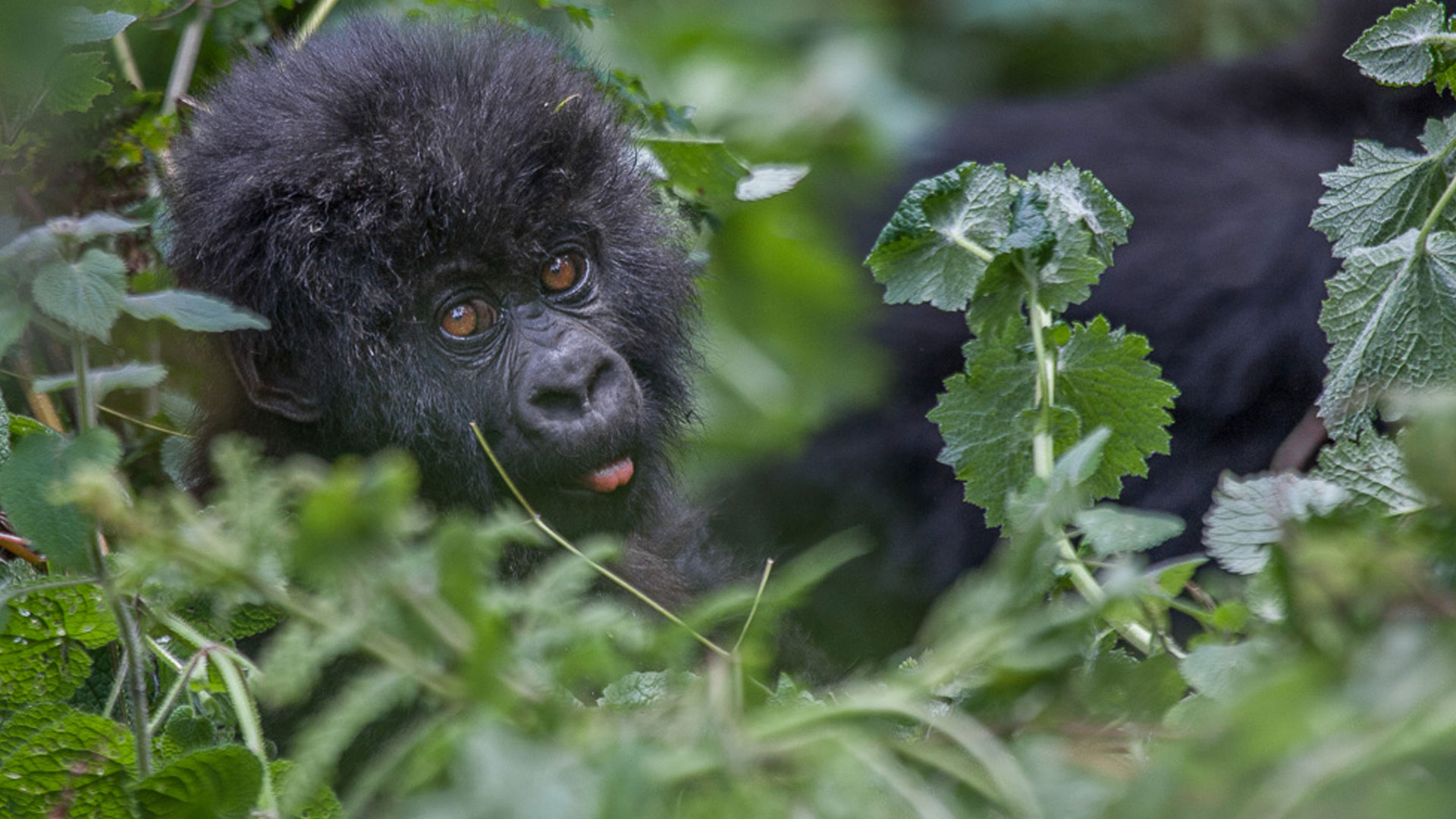
Revenue Sharing With Local Communities
One of Rwanda’s most important conservation policies is its revenue-sharing program, where a percentage of park income is directed to communities living near national parks. Initially set at 5%, the government later increased this to 10% to ensure even stronger community benefits.
This revenue is used for:
School construction in neighbouring villages
Healthcare facilities, including clinics and maternal centers
Clean water projects and borehole drilling
Road improvements and community infrastructure
Support for community cooperatives, beekeeping, and small businesses
By sharing tourism revenue, Rwanda reduces human-wildlife conflict by ensuring that local communities see gorilla conservation not as a threat but as an economic opportunity. When communities benefit from tourism, poaching decreases and locals become active partners in protection.
Anti-Poaching Patrols and Ranger Support
Gorilla tourism directly funds one of the most critical aspects of conservation: anti-poaching efforts. Rangers in Volcanoes National Park patrol the forest daily, removing snares, monitoring wildlife movement, and ensuring the safety of gorilla families. These rangers are highly trained and dedicated, risking their lives to protect gorillas from poaching and habitat encroachment.
Tourism revenue provides rangers with salaries, training, equipment, uniforms, and advanced technology such as GPS systems and communication devices. Well-funded ranger teams are one of the biggest reasons mountain gorilla numbers have grown steadily over the past decade.
Supporting the Gorilla Doctors and Veterinary Care
Rwanda’s gorilla conservation strategy includes a world-renowned veterinary program known as the Gorilla Doctors. These specialists intervene whenever a gorilla is injured by snares, infected with respiratory illness, or suffering from other medical issues. Their work has saved countless gorilla lives.
Tourism provides essential funding for these veterinary interventions. Since mountain gorillas are so genetically close to humans, disease transmission is a major risk. Veterinarians step in when needed, ensuring that gorilla families remain healthy and stable. Without tourism funding, many of these interventions would not be possible.
Gorilla Habituation and Scientific Research
Gorilla tourism also supports long-term scientific study and habituation programs. Researchers track daily gorilla behaviour, study their diet, monitor social dynamics, and examine ecological changes in the forest. This scientific understanding is essential for ensuring that the gorillas thrive.
Habituation—the process of gradually introducing gorillas to human presence—is meticulously managed and funded through tourism. Only a limited number of gorilla families are habituated for trekking, while others remain unhabituated for conservation and research purposes. This balanced approach protects gorilla welfare while allowing the tourism program to flourish sustainably.
Reforestation and Habitat Expansion
Volcanoes National Park once covered a larger area than it does today, but agriculture and development reduced its size over decades. Rwanda has embarked on an ambitious plan to expand and restore the park, using tourism revenue to reclaim land and restore native vegetation.
Reforestation programs supported by tourism help rebuild important gorilla habitats. New trees, bamboo, and native plants are planted to restore the forest’s ecological balance. This not only improves gorilla feeding grounds but also protects other species such as golden monkeys, forest buffalo, and native birds.
The expansion of the park ensures that growing gorilla populations have adequate space to thrive, reducing pressure on existing forest zones.
Community-Based Tourism and Cultural Conservation
Gorilla tourism in Rwanda extends beyond the forest. Villages near Volcanoes National Park participate in cultural tourism programs such as traditional dance performances, craft cooperatives, community walks, and home visits. These programs generate income for local families and preserve local cultural traditions.
Many former poachers are now involved in community tourism, guiding visitors, performing at cultural centers, or producing handcrafts. Tourism has transformed their livelihoods, turning them from gorilla hunters into ambassadors for conservation.
By empowering local people economically and socially, Rwanda ensures long-term community support for gorilla protection.
Controlled Tourism Ensures Limited Human Impact
Rwanda maintains strict limits on the number of visitors allowed to trek gorillas daily. Only eight visitors can visit each gorilla family per day, and the viewing time is restricted to one hour. These limits minimize the stress placed on gorillas and prevent overcrowding in the forest.
By maintaining a high-value tourism system rather than mass tourism, Rwanda protects the delicate ecosystems of the Virunga Mountains. This ensures that gorilla tourism remains sustainable for decades to come.
Tourism Encourages Global Awareness and Conservation Advocacy
Every visitor who treks gorillas becomes an ambassador for conservation. The emotional impact of seeing gorillas in their natural habitat inspires travellers to support conservation charities, donate to gorilla protection programs, and advocate for wildlife protection in their home countries.
Rwanda’s model reminds the world that conservation succeeds when humans and wildlife coexist harmoniously.
Tourism and Conservation Working Hand in Hand
Rwanda’s approach to gorilla conservation is one of the greatest conservation success stories in Africa. Through carefully managed, sustainable tourism, the country has reversed the decline of mountain gorillas and created a model where wildlife protection, community empowerment, and tourism development work together.
When you visit Rwanda for gorilla trekking, you are not only witnessing an extraordinary species up close—you are directly contributing to its survival.
If you want to experience this incredible conservation success firsthand and support Rwanda’s efforts while enjoying a seamless safari experience, consider booking your gorilla trekking adventure with Experiya Tour Company. Their expert guides, ethical practices, and personalized itineraries ensure a journey that is both unforgettable and deeply meaningful.

